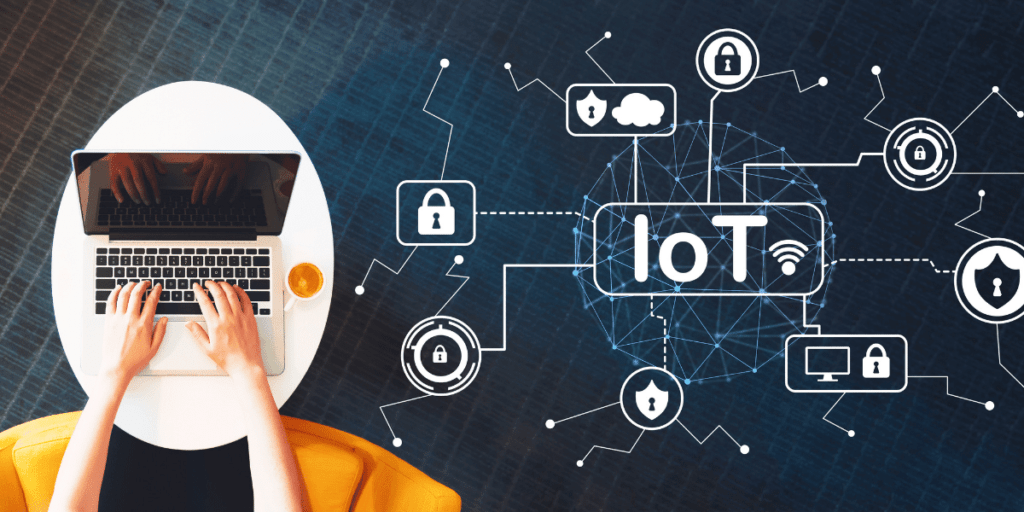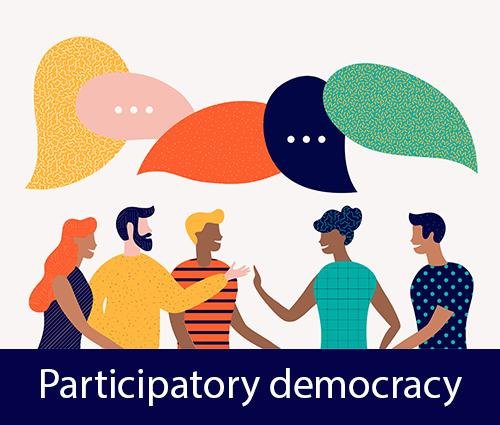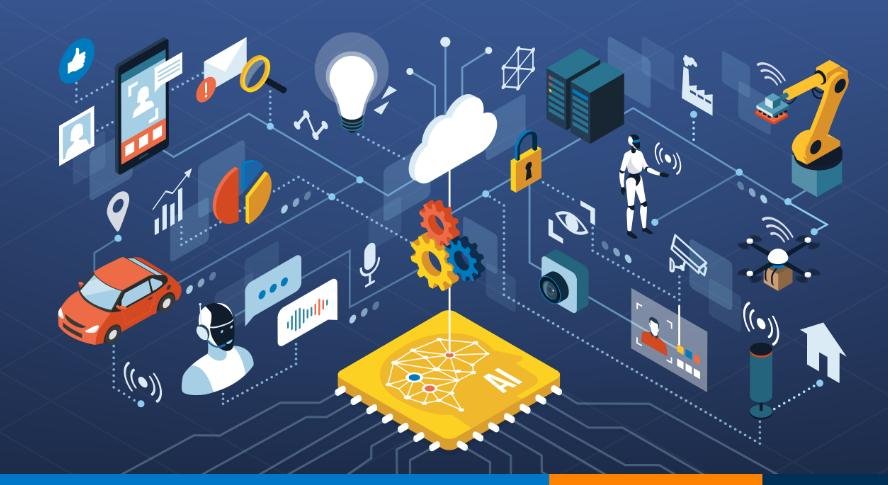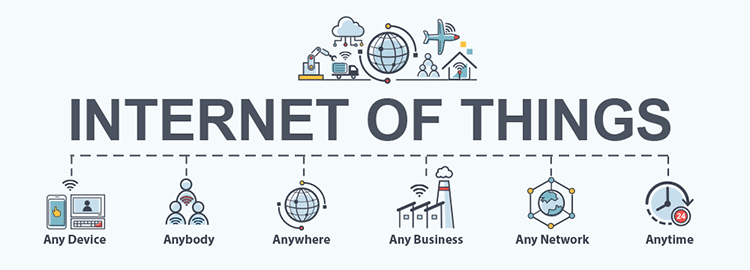The impact of sports on local economies
The impact of sports on local economies and communities
Sports have the potential to have significant impact sports on local economies and communities. By attracting visitors, creating jobs, and promoting local businesses, sports can help to stimulate economic growth and development.

In addition, sports in local economies can bring people together and create a sense of community pride and spirit.
One of the most significant economic impacts of sports is the creation of jobs. Sports events and facilities require a wide range of workers, from coaches and athletes to ticket sellers and concession workers. In addition, sports-related businesses, such as sporting goods stores and fitness centers, can create even more jobs.
These jobs can be a significant source of income for local communities, especially in areas where other job opportunities may be limited. In addition, the jobs created by sports-related businesses and events can be diverse and varied, providing opportunities for people with a wide range of skills and backgrounds.
Another economic impact of sports is the revenue generated by sports events and facilities. Sports events can bring in large numbers of visitors, who spend money on tickets, food, lodging, and other expenses.
This can be a significant source of revenue for local businesses, as well as for the local government in the form of taxes and fees.
In addition, sports facilities, such as stadiums and arenas, can be a significant source of revenue for local communities. These facilities can host a wide range of events, from sports games to concerts and other entertainment events.
This can generate significant revenue for the local economy, as well as create jobs and other economic opportunities.
However, it is important to note that the economic impact of sports can vary widely depending on several factors, such as the size and type of the event, the location of the event, and the level of investment in sports-related infrastructure.
In addition, the economic impact of sports can be both positive and negative, depending on factors such as the level of local investment in sports-related infrastructure, and the amount of revenue generated by sports events and facilities.
Beyond the economic impact, sports can also have a significant impact on local communities. One of the most significant impacts of sports on communities is the sense of community pride and spirit that sports can generate.
When a local sports team performs well or wins a championship, it can create a sense of excitement and pride throughout the community. This can bring people together and create a sense of shared identity and purpose.
In addition, sports can be a powerful tool for promoting social inclusion and community development. Sports programs and facilities offer opportunities for diverse individuals to connect and forge relationships around shared interests and objectives.
This can help to break down barriers between different groups within the community and promote social cohesion.
Finally, sports can also be a powerful tool for promoting health and wellness within local communities. By providing opportunities for physical activity and exercise, sports can help to combat obesity, diabetes, and other health issues.
Additionally, sports programs and facilities can offer resources and support for individuals lacking access to other healthcare or wellness programs.
Conclusion
The impact of sports on local economies and communities can be significant. By creating jobs, generating revenue, and promoting local businesses, sports can help to stimulate economic growth and development.
In addition, sports can bring people together and create a sense of community pride and spirit. Finally, sports can be a powerful tool for promoting social inclusion and community development. As well as promoting health and wellness within local communities.
However, it’s crucial to recognize that sports’ impact can vary widely depending on factors and may not always be positive.
To maximize the positive impact of sports on local economies and communities. Investing in sports infrastructure and programs is crucial, as is carefully considering their potential economic and social impacts. By doing so, we can ensure that sports continue to be a powerful tool. 카지노사이트



















